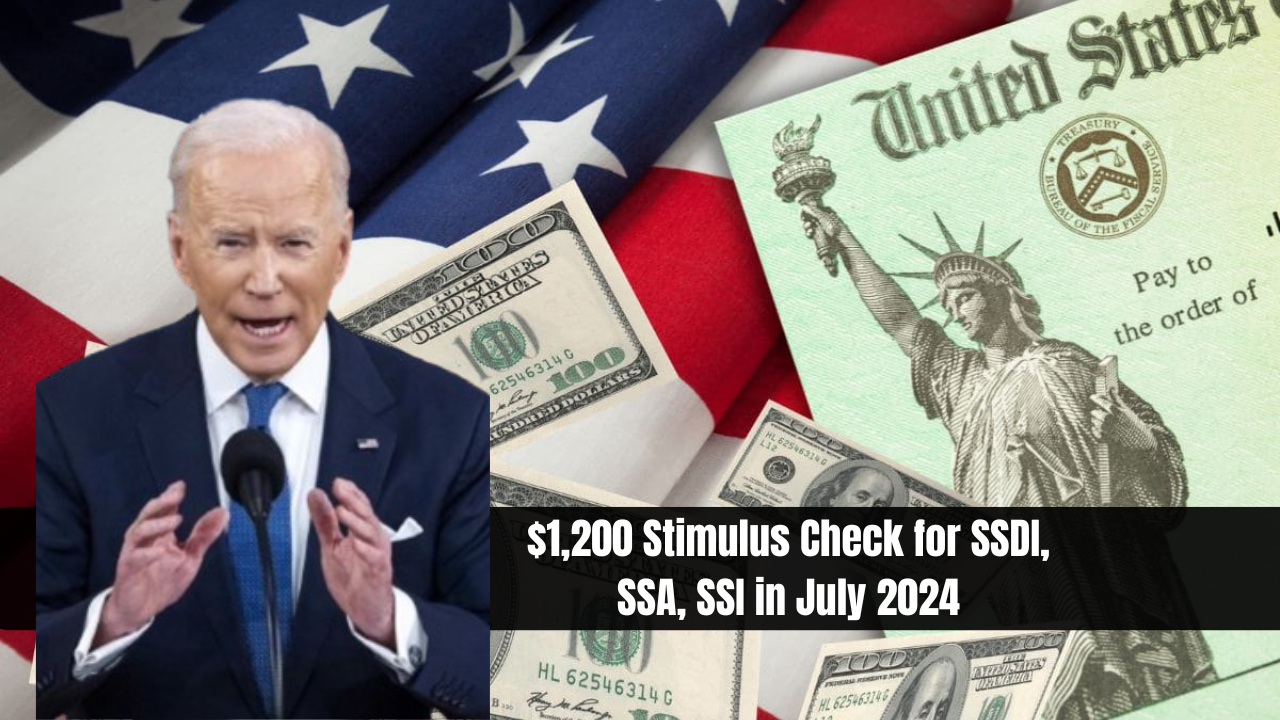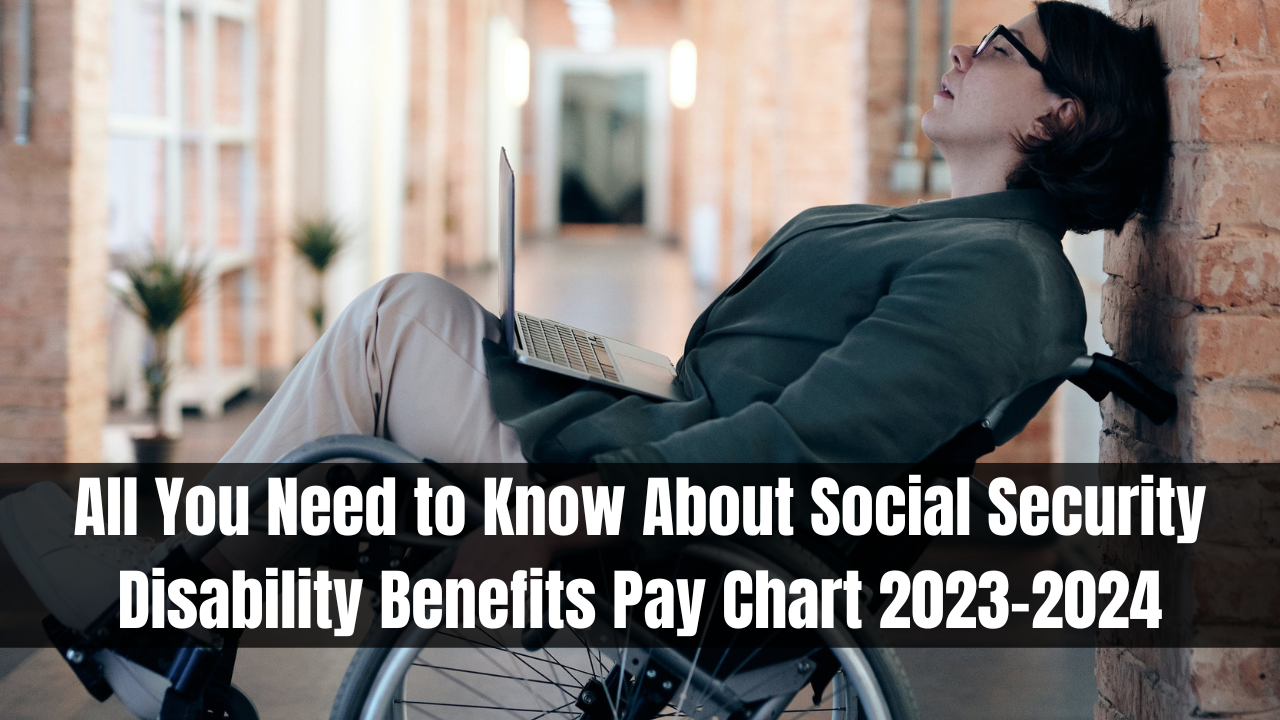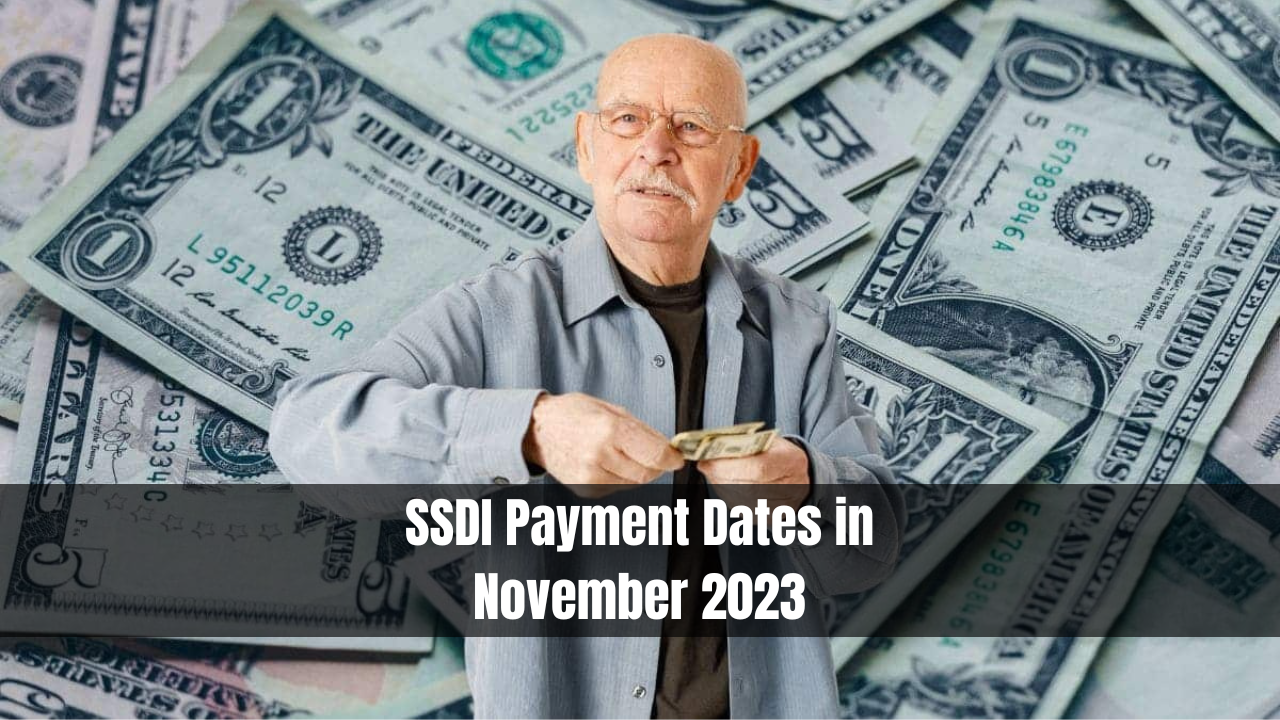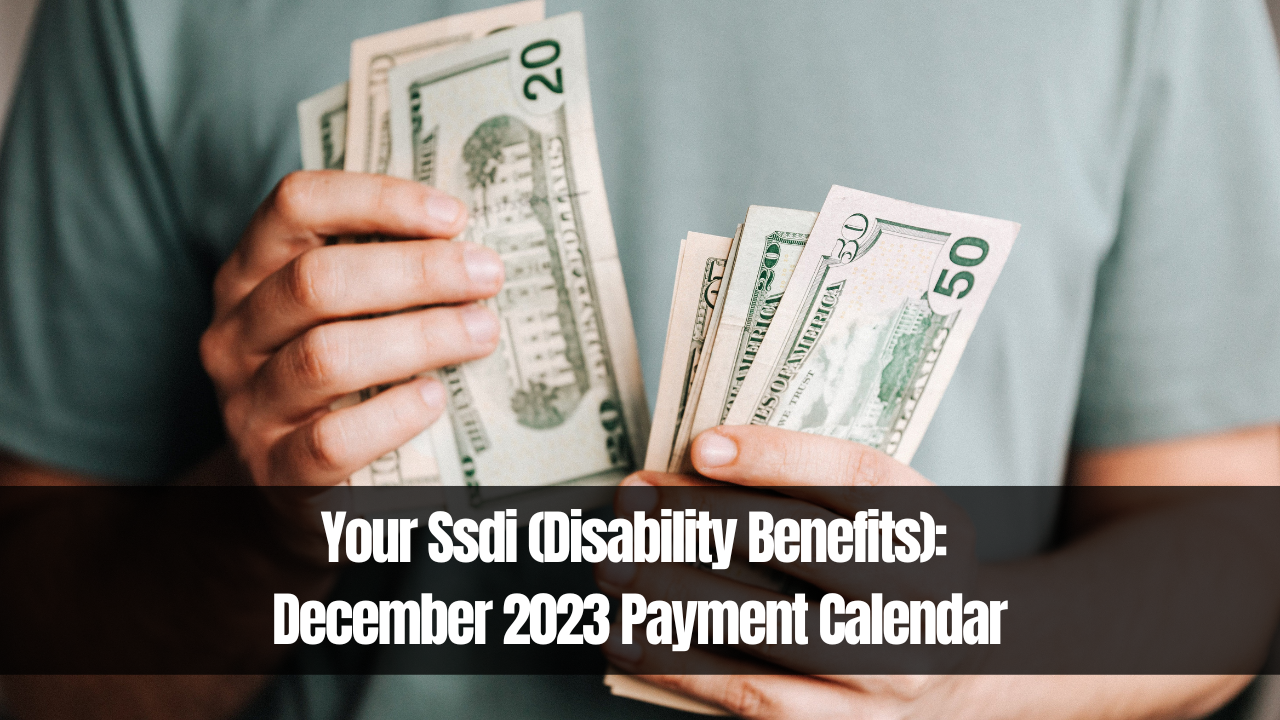SSDI Payments in November: What You Need to Know. The Social Security Administration (SSA) has released the schedule for SSDI payments in November, ensuring beneficiaries are informed about when to expect their funds.
Table of Contents
ToggleTimely Payments, Possible Exceptions
Related Posts





While Social Security benefits, including SSI, retirement, and SSDI payments, are typically punctual, certain circumstances may lead to exceptions.
Read Also: New Social Security Payments Arriving: Are You Eligible?
Understanding the SSDI Waiting Period
Newly approved SSDI beneficiaries may experience a delay in payments due to the five-month waiting period, which starts from the 1st complete month after the Social Security Administration determines the onset of the disability.
Exceptions for Certain Disabilities
Certain disabilities, such as amyotrophic lateral sclerosis (ALS), may not have a waiting period, allowing beneficiaries to receive SSDI payments more promptly.
Consider Supplemental Security Income (SSI) for Qualification
If you do not qualify for SSDI due to insufficient work history, exploring Supplemental Security Income (SSI) is an alternative. SSI can provide payments of up to $914 in 2023.
Dealing with Payment Delays
In case your SSDI payment is delayed, it’s essential to understand the potential reasons. Payments are typically processed on business days, and if there’s an issue, contacting your bank before reaching out to Social Security is advised.
Contacting Social Security for Assistance
If your SSDI payment hasn’t arrived by the designated payday, contacting Social Security becomes necessary. The upcoming payment dates in November are November 8, 15, and 22, aligning with the retirement payment schedule. SSI payments will be disbursed on December 1.







